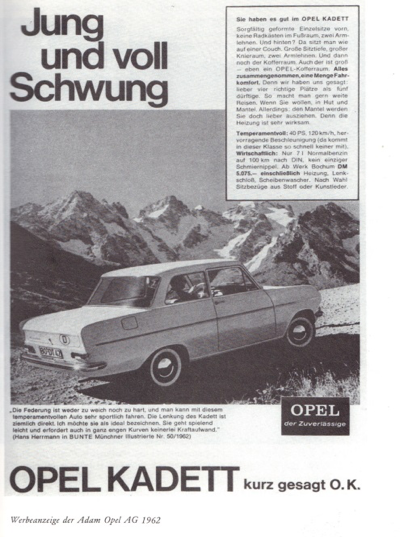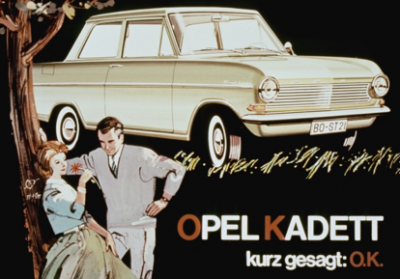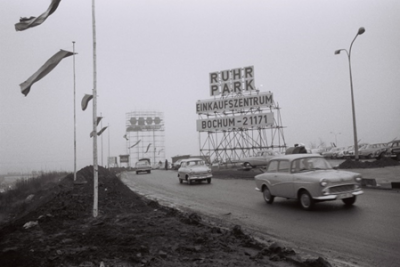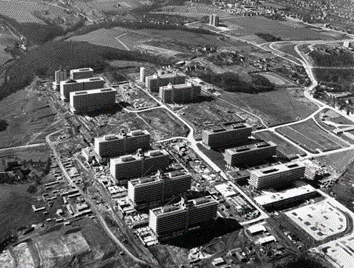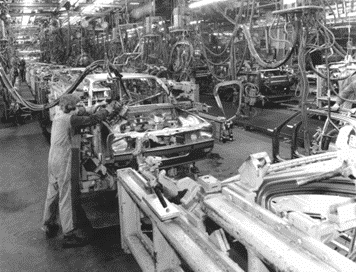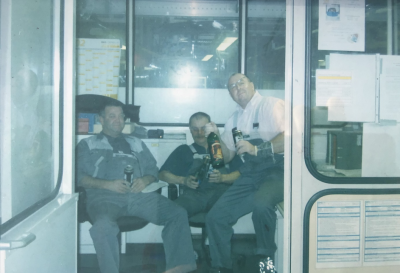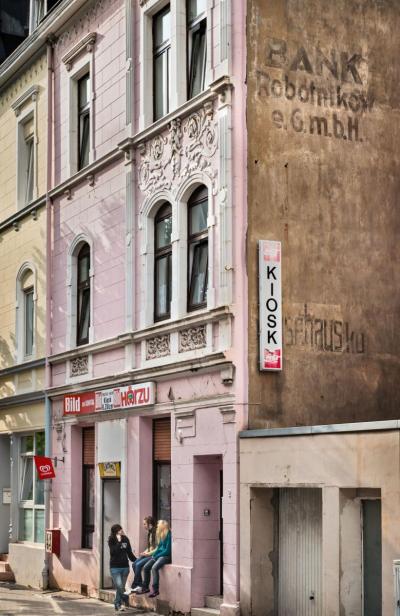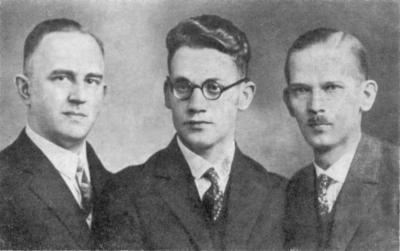Camaraderie and solidarity at Opel in Bochum. Bochum’s Opel workers with a transnational background share their recollections.
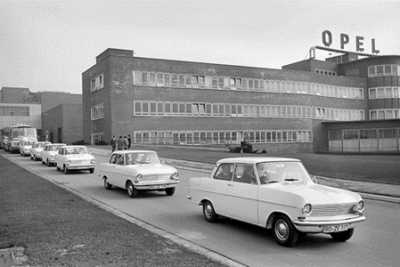
Summary
The recollections of the former Bochum Opel workers with transnational German-Polish roots allow two conclusions to be drawn:
- Opel Bochum can be characterised over five decades as a transnational social field. The national heritage of the workers played a very subordinate role in the collaboration, camaraderie and solidarity engendered among the many thousands of workers. Whether German, Pole, Spaniard or Turk, Christian, Muslim, woman or man; first and foremost, the organisation of work in mass production on the assembly lines united the workers on a daily basis, day and night, and created the basis for cooperative working relationships, for experiencing daily solidarity and for conflict resolution among themselves. The organisation of the industrial enterprise with high levels of trade union membership promoted the creation of very stable employment and pay conditions right into the 1990s. The common aim of the Bochum Opel workers was to maintain these stable social conditions to give their families a life that was as free from worry as possible and to advance their children, and to do this they also got involved in company and trade union politics. This meant that for over five decades the organisation of the Opel industrial enterprise had a much greater influence on forming their identity than their German-Polish biography.
- The fact that the Opel workers’ national heritage was almost meaningless in terms of developing a cross-border collaboration was highlighted in the conversations with the Bochum Opel workers, particularly in the context of the open competition with the new Opel facility in Gliwice. Whilst the Opel management, with its strategy of competitions or ‘beauty contests’ around production capacities at different facilities, played the workers off against each other at the European facilities and put the Bochum plants under pressure from 2004 onwards with several announcements of closure, the project “worker solidarity from below” was supposed to build a bridge of solidarity between the Opel workers in Bochum and Gliwice. Inspired by the 2007 visits, the hope that the Upper Silesian heritage of the employees at both facilities would make it easier to create a cross-border solidarity disappeared as each facility and its workers fought its own battle to survive, a battle which the workers in Bochum lost in 2014. It is, however, remarkable that, after the facility closed, the Opel workers in Bochum with Upper Silesian roots showed an understanding for how their colleagues in Gliwice behaved.
Jennifer Müller / Manfred Wannöffel[2], March 2021
[2] Jennifer Müller, B.A. in general rhetoric and international literature; Prof. Manfred Wannöffel, lecturer at the Ruhr University in Bochum
